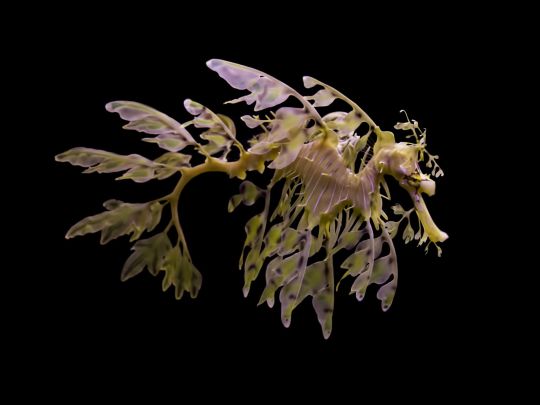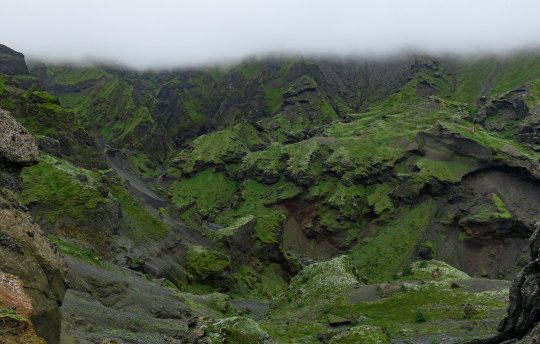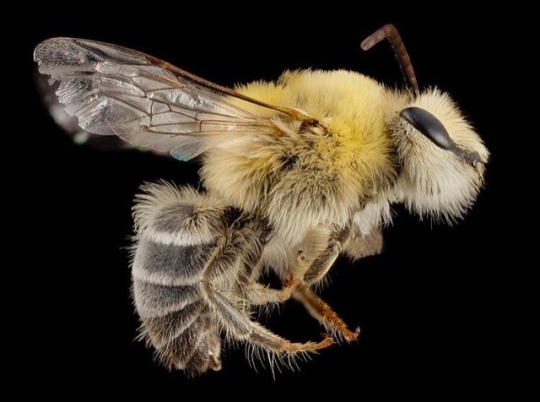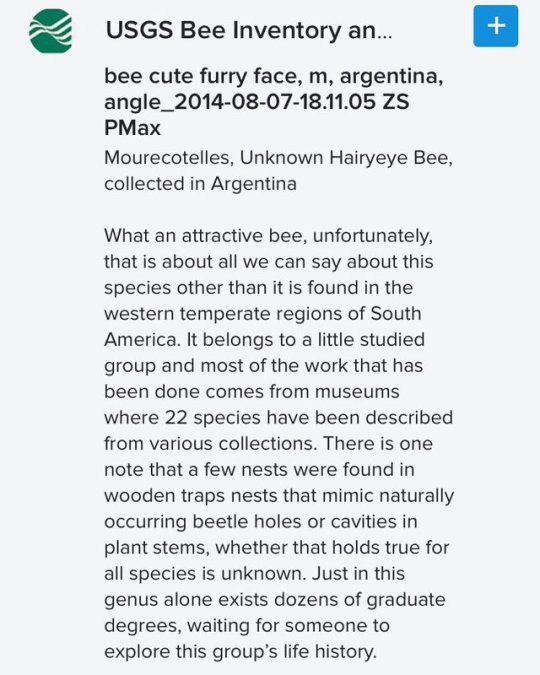creatio-ex-nihilo
8K posts
Don't wanna be here? Send us removal request.
Text

Tree lungwort/lunglav. Lungälvsravinerna nature reserve in Brattfors, Värmland, Sweden (May 4, 2024).
100 notes
·
View notes
Text
Kinda in love with the idea that different places on other sides of the world can look so similar. Something something universal human experiences
95K notes
·
View notes
Text
The most precious tiger I have ever seen in my life 😍🐯🐈
9K notes
·
View notes
Text
5K notes
·
View notes
Text

Scarab depicting the goddess Bastet Egypt New Kingdom or later Glazed composition
5K notes
·
View notes
Text

A 2,400-year-old Scythian saddle cover with applied felt decoration showing a griffin slaying an ibex. Found in Pazyryk kurgan 1, now on display at the Hermitage Museum in Saint Petersburg, Russia.
2K notes
·
View notes
Text
10K notes
·
View notes
Photo


The Door To Hell, in Darvaza, Turkmenistan, a natural gas field still on fire from being ignited by Soviet scientists in 1971.
10K notes
·
View notes
Text
17K notes
·
View notes
Text
yo sometimes i forget leafy sea dragons exist and just




i share a planet with these funky little men?? i feel HONORED
70K notes
·
View notes
Text
That was not what I was thinking he was making at the start of this
9K notes
·
View notes
Text
Origins of Modern Greek folk sayings
NOTE: By "origins" here I do not mean absolute exact origin as this would be impossible to know. It rather signifies the likely first documented usage of the saying in the Greek literary heritage.
Ένα χελιδόνι (ή ένας κούκος) δεν φέρνει την άνοιξη. Meaning: A single swallow (or a single cuckoo) does not bring the spring. This is where the english idiom "one swallow does not a summer make" come from as well. Origin: Μία χελιδὼν ἔαρ οὐ ποιεἶ ( A single swallow does not create the spring) - Nicomachean Ethics, Aristotle (384 - 322 BC). Aristotle said this phrase inspired by one of Aesop's tales (620 - 564 BC).
Το ένα χέρι νίβει το άλλο. Meaning: Each hand washes the other. It exists in English as well as in other languages, spread through Latin "Manus manam lavat". Origin: ἁ δὲ χεὶρ τὰν χεῖρα νίζει - Epicharmus, 5th century BC.
Ό,τι σπείρεις ��α θερίσεις. Meaning: You will reap what you sow. Widespread proverb. Origin: Εί κακά τις σπείραι κακά κέρδια αμήσειν (If one sows bad things, he will reap bad things) - Hesiod (~ 750 - 650 BC).
Κάλλιο να σε ζηλεύουνε παρά να σε λυπούνται Meaning: It's better to be envied than to be pitied by others. Origin: κρέσσον γὰρ οἰκτιρμοῦ φθόνος (for envy is better than pity) - Pindar, (~ 518 – 438 BC).
Έπαθε και έμαθε Meaning: He suffered so he learned Origin: τὸν πάθει μάθος (the suffering becomes a lesson) - Aeschylus (~ 525 - 455 BC)
Μη με συγχίζεις Meaning: Don't confound me, meaning "don't make me upset" Origin: μή μοι σύγχει - Homer (8th century BC)
Μη με σκοτίζεις Meaning: "Don't put me in the dark" meaning "don't annoy / bother me" Origin: Αποσκότησον με ("Get me out of the dark" AKA the notorious "Don't hide the sun and gtfo" line) - Diogenes to Alexander the Great
βίος αβίωτος Meaning: "Unlivable life", unbearable life Origin: Ἀβίωτον ζῶμεν βίον (We live an unlivable life) - Philemon (362 BC – c. 262 BC)
Ἐχει και του πουλιού το γάλα Meaning: "It even has the bird's milk" meaning it has anything you can imagine Origin: δώσομεν ὑμῖν γάλα τ᾽ ὀρνίθων (We will give you even the milk of birds / hens) - Aristophanes (446 - 386 BC)
Άει στον κόρακα Meaning: Go to the crow, an equivalent of "go to hell" Origin: ἔρρʼ ἐς κόρακας! (go to the crows) - standard phrase, frequently used by Aristophanes
Κάθε αρχή και δύσκολη Meaning: Every beginning is also difficult Origin: Αρχή δήπου παντός έργου χαλεπωτέρα (the beginning of every project is the hardest) - ancient saying
Η αλήθεια είναι πικρή Meaning: Truth is bitter Origin: ἔχει τι ��ικρὸν ὁ τῆς ἀληθείας λόγος (there is something bitter in the words of truth) - Demades (380 - 318 BC)
Η αλήθεια δεν κρύβεται Meaning: Truth cannot be hidden Origin: Ἀδύνατον τ' ἀληθές λαθεῖν (It is impossible to hide the true thing) - Menander (342 - 291 BC)
Φοβάται και την σκιά του Meaning: He's even afraid of his shadow (used when someone is afraid all the time) Origin: τὴν αὐτοῦ σκιὰν δέδοικεν (he's afraid of his own shadow) - Aristophanes (446 - 386 BC)
Καμιά δουλειά δεν είναι ντροπή Meaning: No job is shameful Origin: Έργον δ' ουδέν όνειδος - Hesiod (~ 750 - 650 BC)
Χτίζεις στην άμμο Meaning: You build in the sand, meaning you're doing something pointless, that will be ruined or over very soon. Origin: Εἰς ψάμμον οἰκοδομεῖς - Plutarch (46 - 119 AD)
314 notes
·
View notes
Text
OP: so this is the ‘intense regional downpour’ on the weather forecast
38K notes
·
View notes










